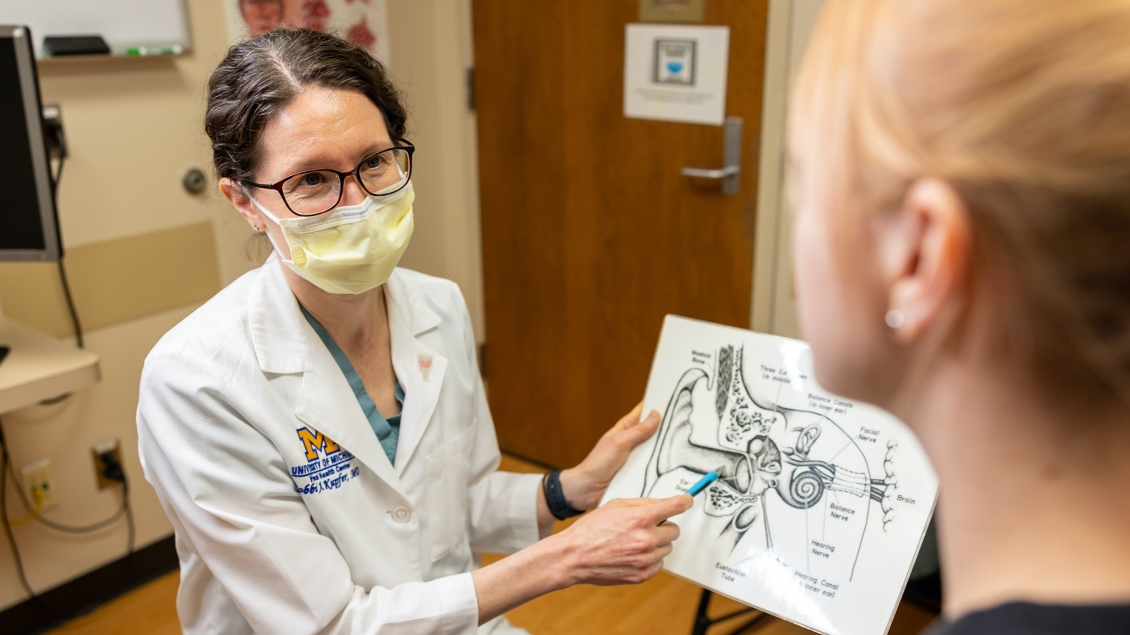
Division of Otology-Neurotology
Our division delivers state-of-the-art patient care, provides residents and fellows with top-notch clinical training and conducts innovative research.
The Division of Otology and Neurotology is comprised of otologists, audiologists, hearing aid technicians, speech-language pathologists, physical therapists and a robust support staff with expertise and interest in the management of otologic and neurotologic disorders.
Faculty in the division treat a variety of otologic and neurotologic conditions, including hearing loss, infections and injuries of the ear, tumors of the ear and lateral skull base, dizziness and balance disorders and facial nerve paralysis. They provide the full scope of surgeries that cover any disorder of the ear, including hearing loss, perforated ear drums, chronic ear infections, surgical restoration of hearing, tumors of the ear, facial nerve paralysis, acoustic neuromas, cochlear implants and surgical treatment of vertigo (dizziness) generated by the inner ear.
Our surgeons collaborate with many other skilled groups within the university in order to provide the best care, including Michigan Hearing, the Cochlear Implant Program, the Vertigo Management Program, the Kresge Hearing Research Institute (KHRI), the Department of Dermatology and the Department of Neurosurgery.
Clinical and didactic teaching of residents and medical students take place on a daily basis. Faculty members instruct undergraduate, graduate and continuing medical education courses. The division also actively mentors residents and fellows on several research projects.
Temporal Bone Lab
One of the division's most unique teaching offerings is the temporal bone surgical dissection laboratory. The division conducts one-week courses held four times a year that are attended by physicians from around the world. U-M otolaryngology residents and fellows spend one half-day per week in the lab while on the otology-neurotology service. They use this dedicated, faculty-supervised time to improve their temporal bone drilling skills, which are crucial to ear surgery. Residents also attend one of the week-long temporal bone courses during their fourth year of residency.
The division routinely conducts clinical research projects and also collaborates with the Kresge Hearing Research Institute, which has been part of the Department of Otolaryngology-Head and Neck Surgery for over 50 years. The KHRI is one of the world’s foremost centers for advanced hearing research and consists of a dedicated group of scientists and physicians working on the basic mechanisms of hearing and balance, in health and disease. This provides the potential for scientists and practitioners to work side by side to understand and address the challenges of hearing loss and other inner ear disorders.
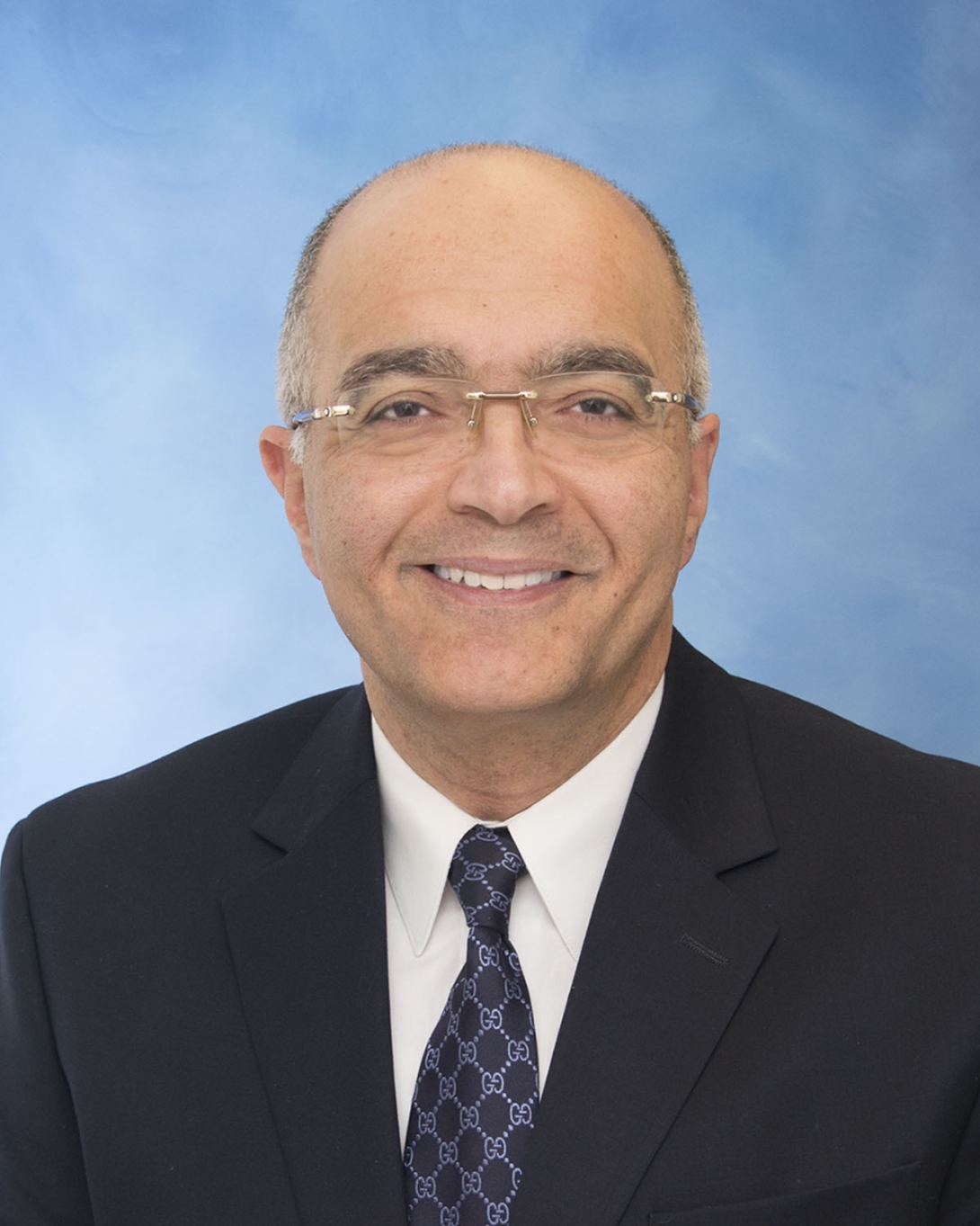
Professor of Otolaryngology-Head and Neck Surgery
Associate Chair, Otolaryngology-Head and Neck Surgery
Otology and Neurotology Division Chief
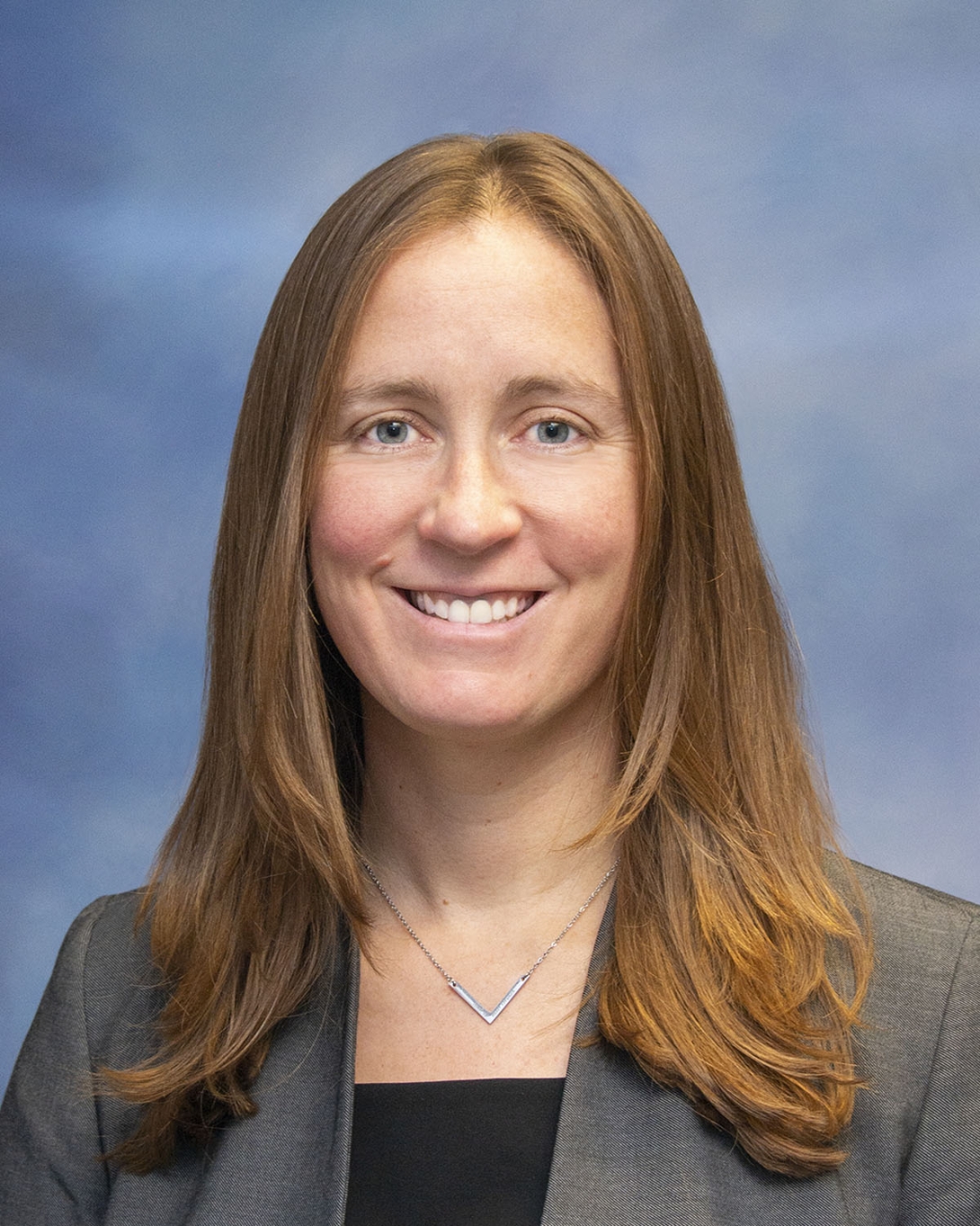
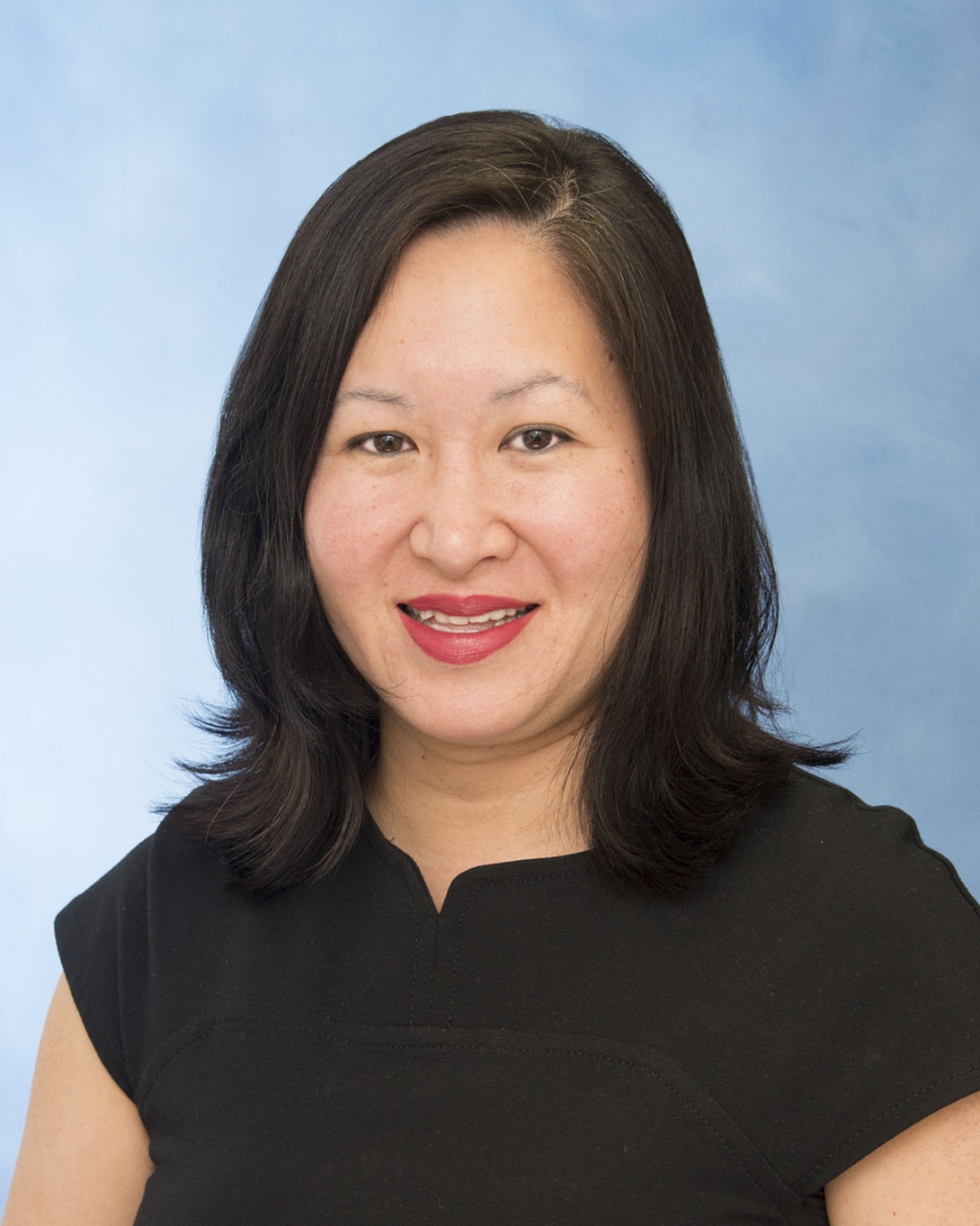
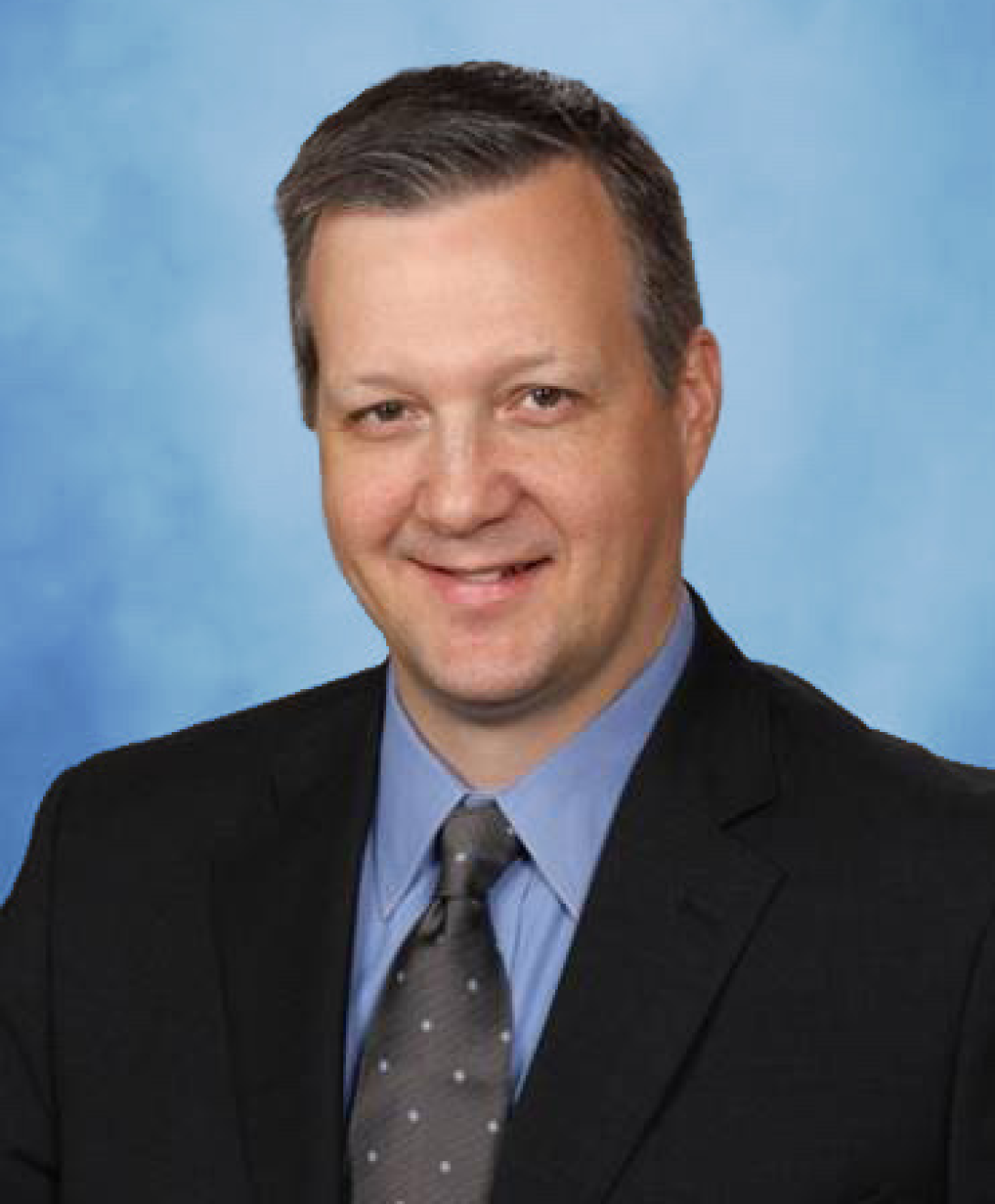
Audiology Medical Director
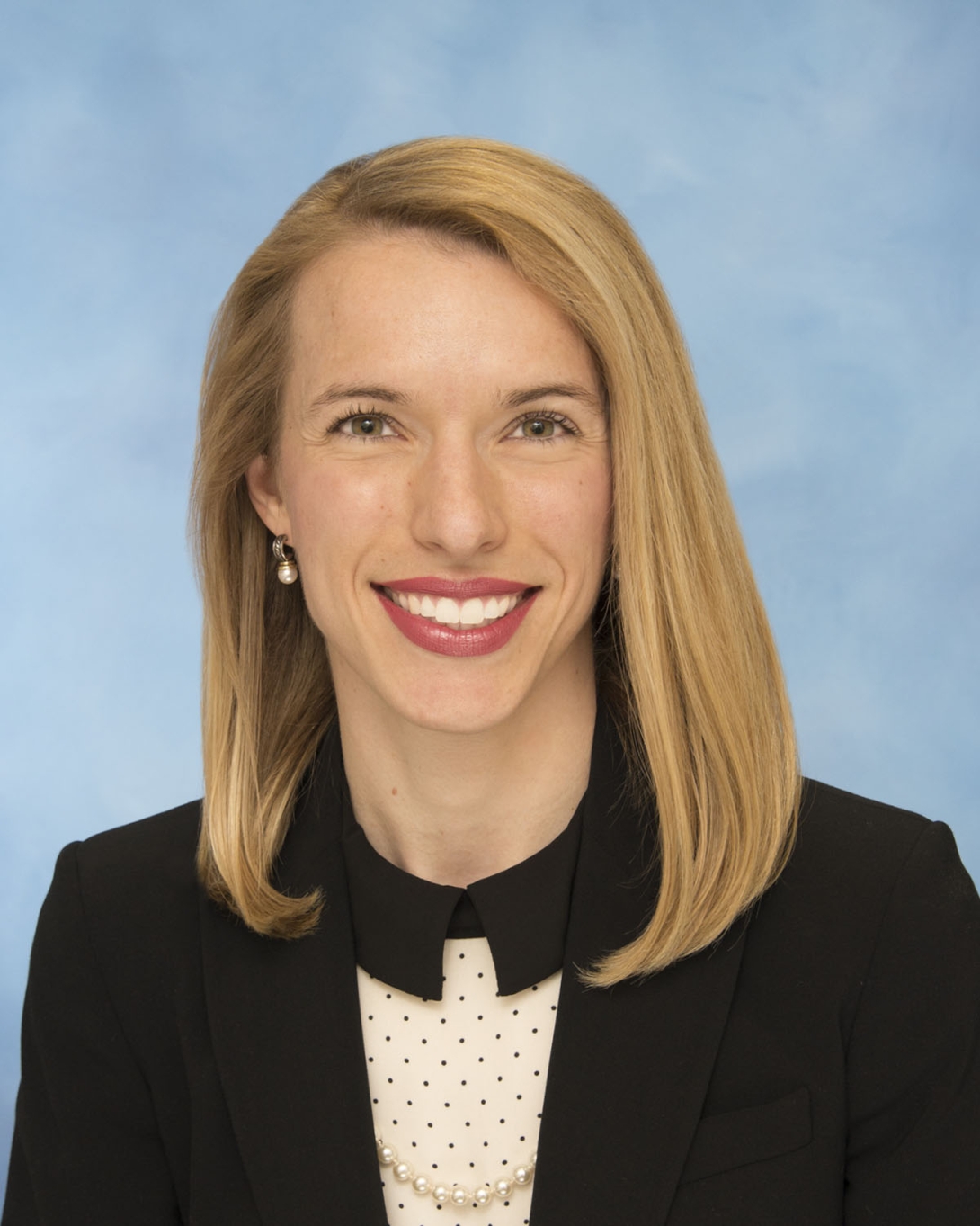
Michigan Balance Medical Director
Cochlear Implant/Hearing Rehab and Medical Director
Otolaryngology Education Lead
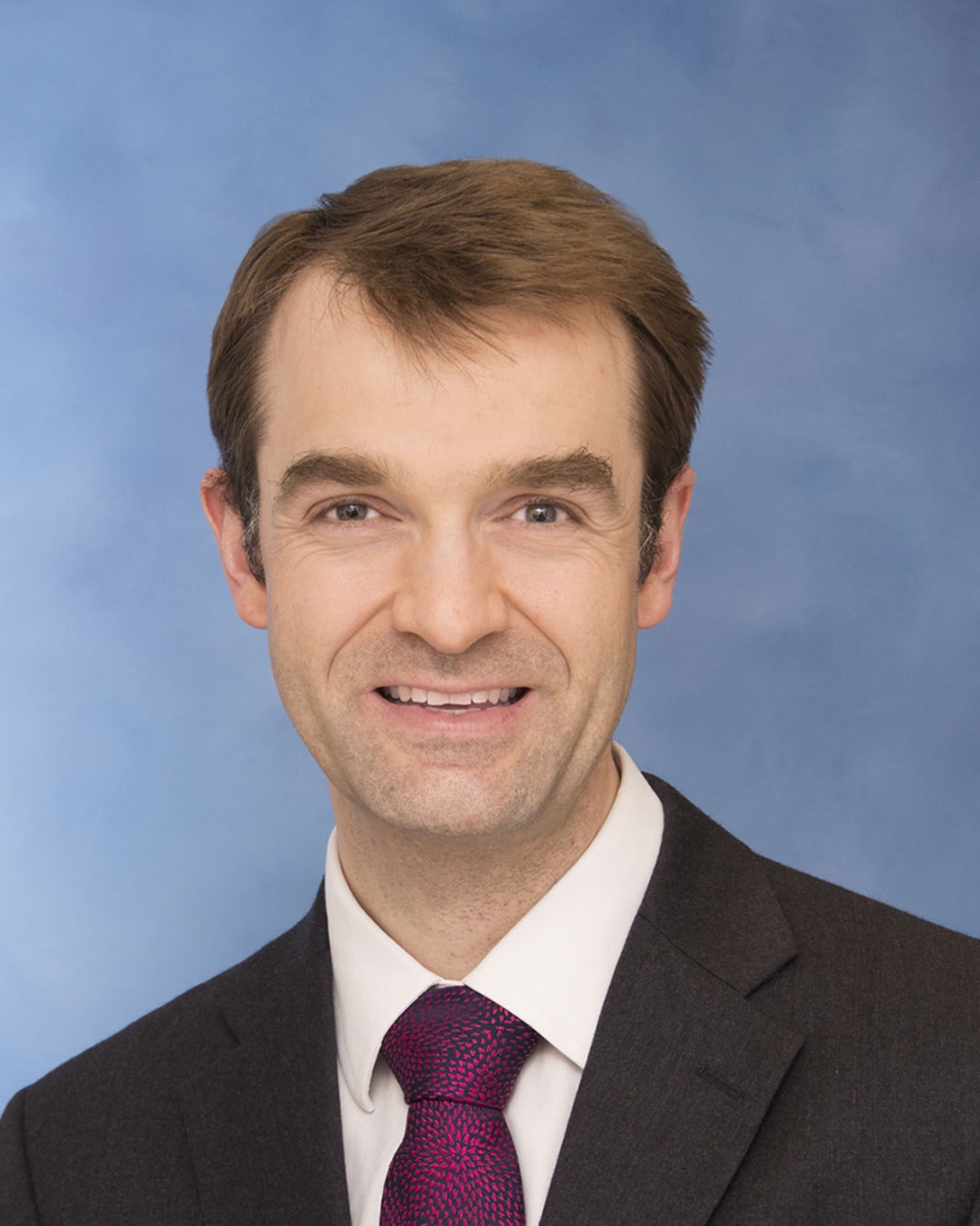
Otology and Neurotology Fellowship Director